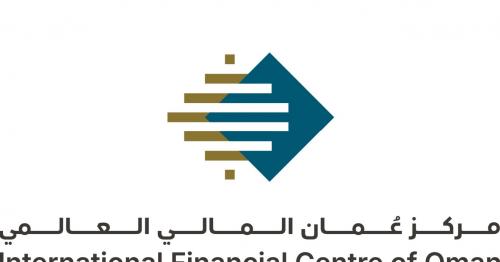Electricity bills vital for e-census 2020
e-census 2020 will be the first electronic census which will not involve field visits by the authorities to update information.
Under the new procedures adopted, Omanis as well as expats are expected to update their own information using utility bills as proof.
A spokesman for the e-census confirmed to Times of Oman that one of the aims of the awareness element of the campaign, which began last week and will last three months, is to encourage everyone to update the details of their electricity bills, and to put them in their own name instead of the property’s owner.
“Being named correctly on electricity bills will provide accurate proof of where you live. People tend to either neglect to have their name listed, or they are trying to avoid paying the bills or a municipal fee.”
Dr Khalifa Barwani, Chief Executive Officer of the National Centre for Statistics and Information (NCSI), said that the e-census will “depend entirely on data gathered electronically from different organisations.
“This means that there is no team going to your house to ask you for information.”
“A good amount of the information needed already exists in databases, and needs to be updated and checked,” he added.
“But at the same time there is other information that must be collected. For example, we aim to use electricity bills as proof of residency and address, and so it is important that everyone updates their bills to be under their name,” he added. According to Al Barwani, this will help in making sure the correct people can be found if needed, for example if someone is not paying their rent.
Al Barwani added that by the end of 2020, people who have not updated their bills to reflect their name might have difficulty getting access to government services, as proof of address will be needed to apply for permits. This, according to him, will also pave the way towards a universal address system in Oman. The e-census aims to fill the gap between what data says the country should be like and how the country actually is.
Omar Al Isma’ili, Director General of the of e-census 2020 project, said about the issue: “There is sometimes a gap between the data and what is actually happening. This is why we want all data to be updated and entered correctly.”
“Some data is already updated and we’re not asking people to change all of their data to get it verified, but rather to fill the gaps and correct any slight errors, as well as to add new entries such as utility (electricity) bills and birth or death certificates.”
“We will use the utility bills, primarily the electricity bills, in order for people to prove where they live, which will eventually play a key role in how they access services,” he added.
The census, according to Al Barwani, should end by December 2020. For all information to be collected correctly, the e-census has started a new campaign called 'Your data, your identity' which will last for three months and aims to make people aware about any information they may have missed updating such as birth certificates or rental contracts.
“If this census is completed successfully, Oman will be a leader in the field” Al Barwani added. “The information will constantly be updated.” By December 12, Al Barwani expects that the census will be collected and government agencies as well as companies will be able to make use of it.
He said: “By that time, when you go to an agency to get a permit, you won’t need to carry bulky papers with you. The agency will be able to pull the relevant information from the census, which will make paperwork much easier.”
“As processes get more efficient people will not be able to use information that has not been approved. For example, if you have a Master’s degree that has not been entered at the Ministry of Higher Education, the government services will not treat you as a Master’s degree holder until you get the certificate approved by the Ministry.”
This is a part of making sure that all data is correct because you could have forged the certificate,” he added.
“Currently all the procedures are geared towards the end of 2020. We will have an opening period where people will still be able to continue to access services, but after that, people will need to use the official data in the system and paper will not be needed for most procedures.”
According to Al Barwani, there is a need to protect privacy when the E-census begins operating.
“We hope to protect people from having their information accessed by third parties. To that end, we will ensure that even government agencies will only be able to access information related to them.”
“We hope to see a new royal decree for the law of statistics and information, which will show who this data will be available to. Not even government organisations will have access to all the data,” he added.
“It is important for everyone to look at the indicators we will release and think about what information they will need to update. Some of that will be electronic, while some will involve you getting in contact with a Sanad desk or a government body and to use your ID card to give them your information.”
tag: e-census , electricity-bill , oman
Share This Post






